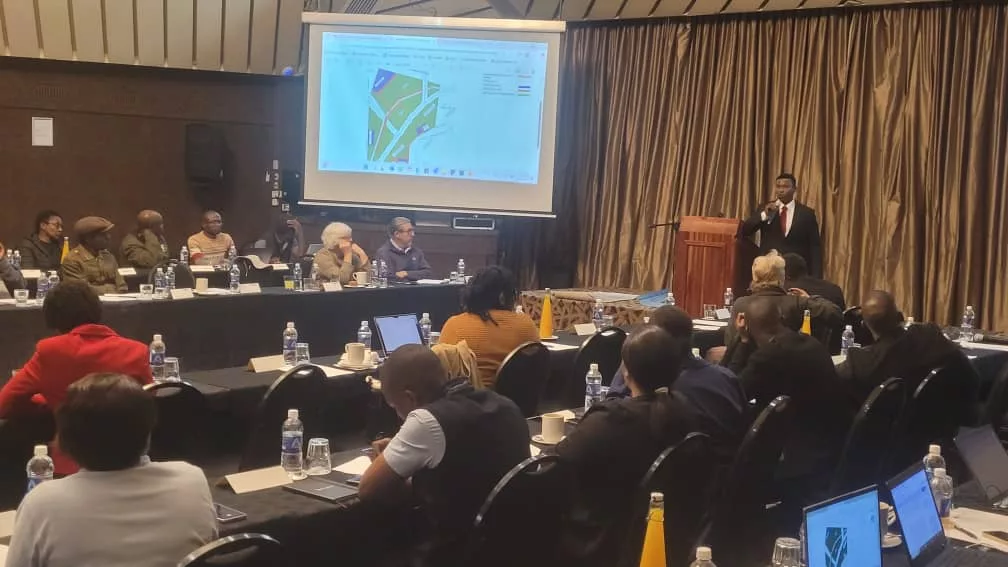Orange CEO Stephane Ricard has found himself in a bit of hot water with complicity in fraud and embezzlement charges dating back to his days in the French Ministry and this may result in Orange SA risking losing its CEO next week over decade-old allegations of fraud that have clouded his leadership of France’s biggest phone company.
A Paris court will decide on July 9 whether CEO Stephane Richard helped businessman Bernard Tapie cheat the government out of about 403 million euros ($455 million) in 2008, when he was chief of staff to then Finance Minister Christine Lagarde. He faces as much as 18 months in prison.
Richard has seen Orange through a competitive assault by a low-cost challenger and a bruising price war during his nine-year tenure. The 57-year-old executive is also credited with calming labor unrest following a wave of employee suicides. Orange shares have risen 22% in the past five years while the wider European sector declined, with the Stoxx 600 telecommunications index falling 19%.
The trial has been a distraction for the company, which faces a slowdown in earnings growth this year as it gears up to spend billions of euros on faster 5G wireless networks. The board decided not to appoint an interim CEO during the trial, saying in December that deputy CEOs Ramon Fernandez and Gervais Pellissier had the “same powers” as their boss.
Richard’s lawyer has called the accusations against his client baseless and said he was eager to clear his name. A spokesman for Richard declined to comment ahead of Tuesday’s ruling.
Richard will have to resign if convicted, Finance Minister Bruno Le Maire said last year. The French state and publicly-funded bank Bpifrance Participations own around 23% of Orange. The CEO told BFM TV in May he would appeal a guilty verdict, but wouldn’t fight to keep his job.
If he quits, the dual chairman and CEO mandate is likely to be split, with the chairman position going to an outsider and an internal executive becoming CEO, according to people familiar with the situation, who asked not to be identified discussing internal matters.
An Orange spokesman declined to comment in detail on succession planning, saying only that the company’s governance is solid and the board can deal effectively with all kinds of situations.
Potential successors as CEO include Fabienne Dulac, an Orange veteran of two decades who leads its domestic business, and Laurent Paillassot, who oversaw a 7% increase in revenue at Orange’s Spanish division, its second-biggest unit. Another is Fernandez, Orange’s chief financial officer and a former finance ministry adviser who’s well known by investors and analysts.
Adidas Sale
The fraud accusations date back to the sale of Tapie’s stake in Adidas AG in 1993. Tapie claimed a state-owned bank involved in the deal cheated him. In 2007, Lagarde agreed to put the dispute into arbitration. She said she relied on Richard to oversee preparation of the process, which led to the multimillion-euro award for Tapie the following year.
That led to a charge of fraud and embezzlement for Tapie, with Richard accused of complicity in the alleged scam. Lagarde was found guilty of negligence in a separate trial in 2016 but was not sentenced. She kept her job as managing director of the International Monetary Fund and on Tuesday was named to replace Mario Draghi as president of the European Central Bank.
During the hearing, Richard said arbitration was “a good solution” for the Adidas dispute and pointed to Lagarde’s long experience working as a lawyer on such cases.
The presiding judge in the trial, Christine Mee, led the three-judge panel that ordered record penalties of about 4.5 billion euros against UBS Group AG earlier this year. The Swiss bank has appealed.






